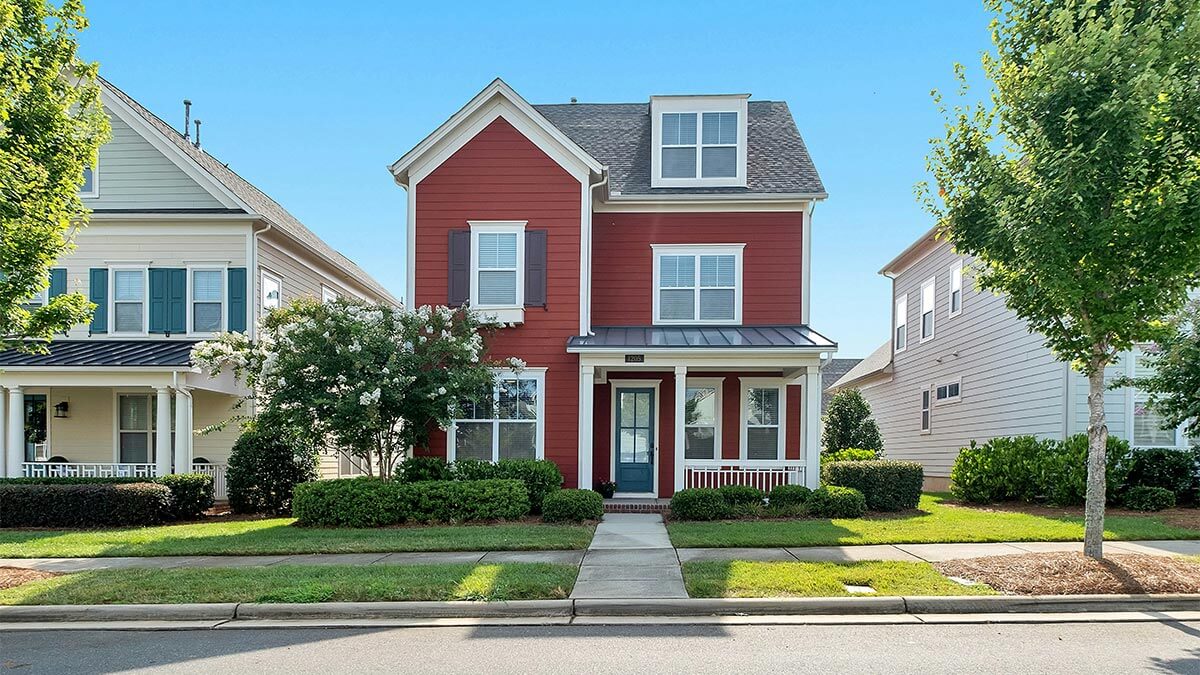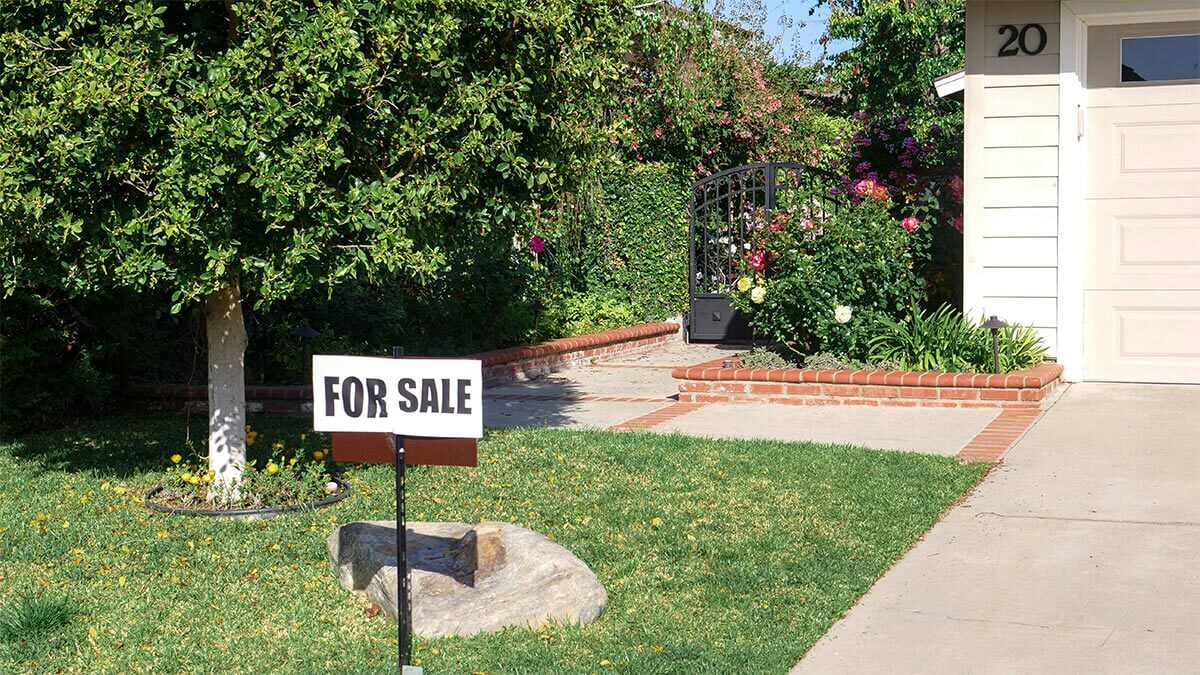Buying a home on a $60,000 salary can feel out of reach, but it’s more possible than you might think. Whether you’re dreaming of a starter home or just want to stop renting, we’re breaking down what’s doable, what’s smart, and what to watch out for. We’ll look at real numbers, real options, and simple ways to boost your buying power.
Thinking of buying with a $60K income? Start by seeing what kind of cash offer you could get at iBuyer.com, no listings, no pressure. Get your free estimate now.
Compare Cash Offers from Top Home Buyers. Delivered by Your Local iBuyer Certified Specialist.
One Expert, Multiple Offers, No Obligation.
60K Salary
- What Kind of House Can You Afford with a $60K Salary?
- How Your Debt-to-Income Ratio Impacts Affordability
- How Down Payment and Loan Type Affect What You Can Buy
- Monthly Mortgage Payments: What to Expect on a $60K Income
- Don’t Forget the Hidden Costs: Taxes, Insurance, and PMI
- Use a Home Affordability Calculator to Run the Numbers
- Reilly’s Two Cents
- Buying a Home on $60K: It’s Possible with the Right Plan
- Frequently Asked Questions
What Kind of House Can You Afford with a $60K Salary?
If you make $60,000 a year, most lenders say you can afford a house that costs somewhere between $180,000 and $240,000. That’s a wide range, and what you actually qualify for depends on things like your debt, credit score, and how much you’ve saved for a down payment.
As a general rule, lenders don’t want your housing expenses to be more than 28% of your monthly income. So if you earn about $5,000 a month before taxes, that means your mortgage payment, including insurance and taxes, should stay under $1,400. But that’s just the starting point. Things like student loans, car payments, and credit cards can push that number down.
How Your Debt-to-Income Ratio Impacts Affordability
Your debt-to-income ratio (DTI) is one of the biggest things lenders look at. It shows how much of your monthly income goes toward paying debt, like credit cards, student loans, or a car note. If too much of your paycheck is already spoken for, lenders may offer you less, or nothing at all.
The 28/36 rule is a common guide. It means no more than 28% of your income should go to housing, and no more than 36% to all debt combined. So if your monthly income is $5,000, that means about $1,800 is your total limit for mortgage plus other debt. The lower your DTI, the more house you can afford.
How Down Payment and Loan Type Affect What You Can Buy
Your down payment plays a big role in how much home you can afford. A higher down payment reduces your loan amount and can help you avoid added costs like private mortgage insurance (PMI). But if you’re working with limited savings, there are still solid loan options available.
Here’s a breakdown of the most common mortgage types:
- FHA Loan
Backed by the Federal Housing Administration, this loan allows as little as 3.5% down. It’s designed for buyers with lower credit scores or smaller savings. You’ll pay upfront and monthly mortgage insurance. - VA Loan
For eligible veterans and active-duty service members. VA loans often require no down payment and no PMI, making them one of the most affordable options, if you qualify. - Conventional Loan
These loans typically require at least 3% to 5% down. A 20% down payment lets you skip PMI. You’ll usually need a stronger credit score to qualify. - USDA Loan
Available in some rural and suburban areas. Like the VA loan, it may offer zero down payment. Eligibility is based on location and income.
Even a small down payment can open the door to homeownership, but understanding your loan options helps you stretch your $60K salary as far as possible.
Monthly Mortgage Payments: What to Expect on a $60K Income
If you’re earning $60,000 a year, a comfortable monthly mortgage payment is usually between $1,200 and $1,400. That amount includes more than just the loan itself, it covers your loan principal, interest, property taxes, homeowner’s insurance, and possibly PMI.
Here’s a rough example for a $220,000 home with a 5% down payment:
- Loan amount: $209,000
- Interest rate: 6.5% (fixed, 30-year term)
- Monthly principal + interest: $1,322
- Estimated taxes + insurance: $250
- PMI: $90 (if under 20% down)
Estimated total payment: ~$1,662/month
This might be higher than the ideal 28% housing cost rule. That’s why reducing debt, shopping rates, or putting more down can make a big difference in what you qualify for.
Don’t Forget the Hidden Costs: Taxes, Insurance, and PMI
When you’re figuring out how much house you can afford, it’s easy to focus only on the loan, but there are other costs that show up every month. These can add hundreds of dollars to your payment and impact how much a lender thinks you can handle.
Here are the big ones to plan for:
- Property Taxes
These vary by state and even by county. In some areas, they can add $200–$500 per month to your bill. Your lender usually collects this as part of your monthly payment. - Homeowners Insurance
Most policies range from $75 to $150 per month, depending on your home’s size, location, and coverage. Lenders require it to protect the home. - Private Mortgage Insurance (PMI)
If your down payment is less than 20%, expect to pay PMI. It usually costs 0.5%–1% of the loan amount per year, broken into monthly payments.
These hidden costs can stretch your budget fast. When you’re estimating what you can afford, include them in your monthly totals, not just the mortgage itself.
Use a Home Affordability Calculator to Run the Numbers
If you’re not sure where to start, a home affordability calculator can do the math for you. These tools factor in your income, debts, interest rate, loan term, and down payment to estimate what price range makes sense for your budget.
Here’s what you’ll typically need to enter:
- Annual income (gross, before taxes)
- Monthly debts (student loans, credit cards, etc.)
- Expected down payment amount
- Desired loan term (e.g., 15 or 30 years)
- Estimated interest rate
A good calculator will also show you how changes to any one factor, like adding $5,000 to your down payment or paying off a credit card, can increase the home price you can afford. It’s a smart way to test different scenarios before talking to a lender.
Reilly’s Two Cents
I’ve helped more than a few folks buy and sell homes while juggling tight budgets. When you’re working with a $60K salary, every dollar matters, and every mistake can feel bigger than it is. The good news? With some planning and a steady approach, homeownership isn’t just a dream. It’s doable.
If I could give you just a few pieces of advice, here’s what I’d say:
- Start with a lender, not a listing. Don’t fall in love with a house before knowing what you qualify for. A preapproval helps you understand your real numbers, and shows sellers you’re serious.
- Stick below your max. Just because a lender says you can spend $240,000 doesn’t mean you should. Buying under budget leaves more room for repairs, savings, and your future plans.
- Plan for the extras. Things like closing costs, moving expenses, and maintenance can sneak up on you. Have a cushion, even if it’s small.
- Don’t rush the down payment. If you need a few extra months to save and avoid PMI, it might be worth it. Homeownership is a long game, starting strong matters more than starting fast.
Buying a Home on $60K: It’s Possible with the Right Plan
A $60,000 salary doesn’t lock you out of the housing market, it just means you need a clear plan. By understanding how lenders look at debt, income, and savings, you can figure out what’s realistic and what needs a little more work.
Pick the right loan, know your monthly limits, and be honest about what you can afford. Most importantly, don’t let the process rush you. A smart buy now can set you up for years of stability later.
Thinking about your next step? iBuyer.com gives you a fast, data-backed cash offer, no showings, no stress. Get your free estimate and start planning today.
Instant Valuation, Confidential Deals with a Certified iBuyer.com Specialist.
Sell Smart, Sell Fast, Get Sold. No Obligations.
Frequently Asked Questions
Yes, with the right loan and a manageable debt load, many buyers can afford a home priced between $180,000 and $240,000. Local costs and your credit score will affect that range.
You can, but it depends on your total monthly payments. Lenders look at your debt-to-income ratio, so paying off or lowering other debts can improve your chances.
FHA loans allow scores as low as 580, while conventional loans often require 620 or higher. A better score usually means better rates and more options.
Aiming for 5% to 10% is a solid start, though some loans allow as little as 3% down. Saving more can help you avoid PMI and lower your monthly payment.
FHA loans are popular for lower down payments and flexible credit rules. If you’re eligible, VA or USDA loans offer great terms with little or no down payment.
Reilly Dzurick is a seasoned real estate agent at Get Land Florida, bringing over six years of industry experience to the vibrant Vero Beach market. She is known for her deep understanding of local real estate trends and her dedication to helping clients find their dream properties. Reilly’s journey in real estate is complemented by her academic background in Public Relations, Advertising, and Applied Communication from the University of North Florida.




